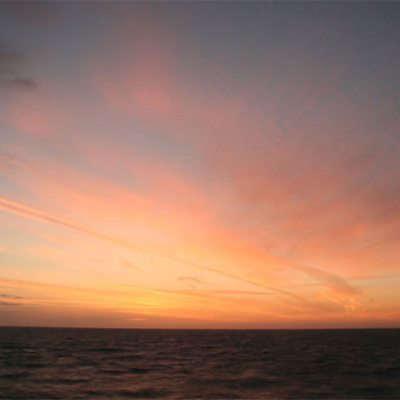Episode details

Available for over a year
As the poppies begin to wilt at the Cenotaph and the dust settles on the ballot boxes we might recall that the month of May seventy years ago also saw both the celebrating of VE Day and the ending of a Coalition Government. When Churchill addressed the crowds in Whitehall with the tribute тItтs your victory!т they roared back, тNo. itтs yours!т But in spite of the popularity of the war-time Government, two weeks later Attlee rang Churchill to tell him that the Coalition that had served the country so well in a time of crisis would have to end. Churchill had wanted the bi-partisan Government to continue until after Japan had been defeated. At the last meeting of the Cabinet Churchill was overcome by emotion. Tears streamed down his face as he saluted the war effort and declared, тThe light of history will shine on every helmet.т Seventy years on itтs difficult to reconcile the popular euphoria that greeted Churchill on VE Day with the rejection of him by the electorate just a couple of months later. Whatever the political reasons itтs the human story that touches me, in the same way that I wonder about those who less than a week ago, either in government or in opposition, were so powerful and are now so powerless. We rightly celebrate our freedom to vote but democracy, for all its virtues, can be a brutal ruler. Thereтs a vignette about Churchillтs election defeat found in Peter Hennessyтs book тNever Againт. The Prime Ministerтs family and staff were gathered in his war time bunker as the results came through. The gloom deepened as the losses mounted. тMary Churchill could stand it no longer. She тcrossed the corridor to the small kitchen. There she found Mrs Landemare, Churchillтs devoted cook housekeeper. She was making honey sandwiches. тI donтt know what the worldтs coming toт, she exclaimed, тbut I thought I might make some tea.тт The extraordinary finding solace in the ordinary. In his diaries Sir John Colville, the Prime Ministerтs Private Secretary, offered an insight into Churchillтs soul. тAs regards religion he was an agnostic who, as the years went by тІ slowly began to conceive that there was some overriding power which had conscious influence on our destinies.т Apparently, it was the war and the Battle of Britain in particular that stirred this belief. Itтs one of the paradoxes of life that itтs the confrontation with evil in a time of crisis that often gives birth to faith in an even higher power.
Programme Website